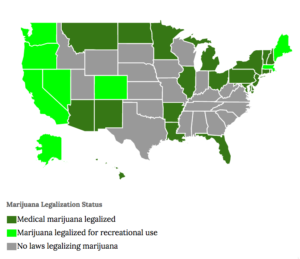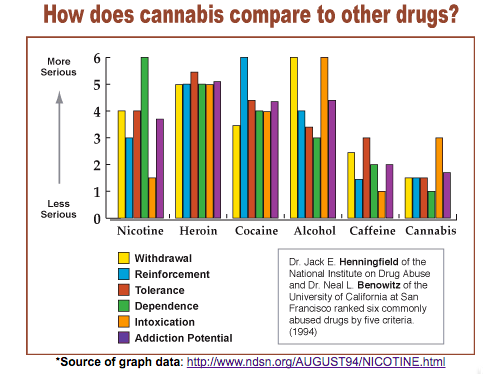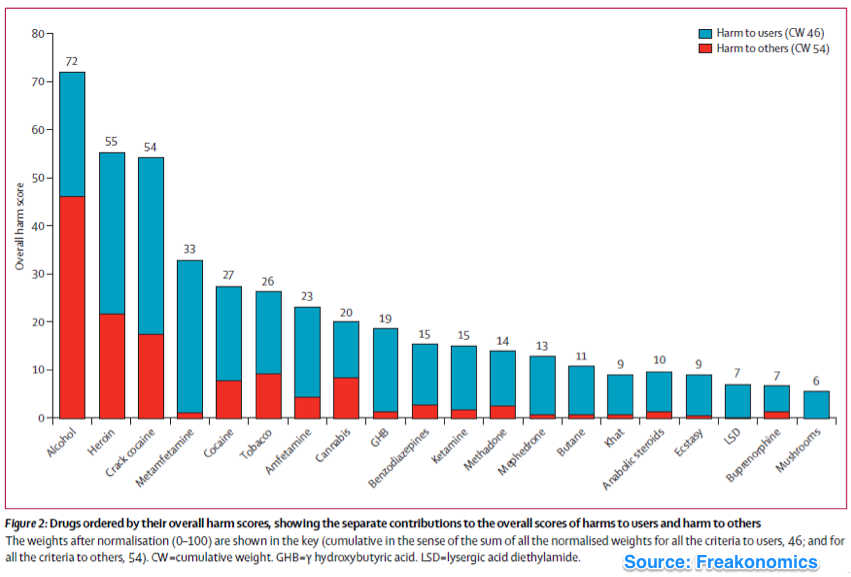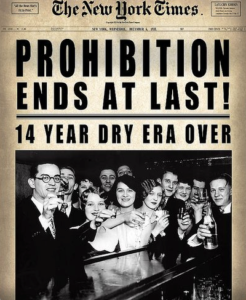In the wake of the George Floyd murder, I’m appreciative that the Minnesota Legislature finally is about to pass some police reforms. But I’m also pretty underwhelmed.
Based on reports I’ve heard, it seems heavy on mandates and light on investments in changing the face of law enforcement. The compromise package that will soon pass includes things such as requiring officers to intervene in cases of abuse, banning choke holds and “warrior training,” and having a better statewide database on abuse cases.

That’s all good stuff, as far as it goes. The problem is, it doesn’t go very far. The New York Times summarizes the debate and the unfinished business:
“Ultimately, legislators could not reach a deal that reconciled the Democrats’ calls for far-reaching changes to police oversight with Republican leaders who supported a shorter list of “common-sense police reforms” that included banning chokeholds in most situations and requiring officers to stop their colleagues from using unreasonable force.
Democrats said the plan passed by the Republican-led Senate consisted of tepid half-steps that were already in place in most law-enforcement agencies and did not rise to the moment’s calls for dramatic action. Republicans balked at the proposals passed by the Democrat-controlled House to restore voting rights to tens of thousands of felons and put the state’s attorney general, Keith Ellison, a Democrat, in charge of prosecuting police killings.
Republican leaders later said they had agreed to alter arbitration proceedings when officers are accused of misconduct, but Democrats said it was not enough.
All week, state legislators held emotional hearings on proposals to increase oversight of how the police use force and are disciplined; change the process for firing officers; and explore alternatives to policing, such as sending social workers to respond when people in mental distress need help.”
What About Ending Marijuana Prohibition?
I was disappointed that putting the marijuana prohibition question on the ballot wasn’t part of this session focused on preventing future police abuses. After all, the ACLU has documented that marijuana prohibition is a root cause of much racial profiling and police abuse:
A Black person in Minnesota is 5.4 times more likely to be arrested for marijuana possession than a white person. Minnesota ranks 8th for largest racial disparities in marijuana possession arrests. In 2018, marijuana possession arrests accounted for 35% of all drug arrests here.
Although the overwhelming majority of Minnesota counties have racial disparities, Goodhue, Olmstead, St. Louis, Ramsey and Carver Counties have the worst records, ranging from Black people being 7.07 times more likely to face arrest than whites in Carver County to 11.19 times more likely in Goodhue County.
Arrest rates decreased in states that legalized marijuana, but racial disparities remained.
It’s clear what we need to do. Let’s take marijuana enforcement off of police officer’s plates, because marijuana is much less dangerous and addictive than legal alcohol, and it’s leading to much police abuse.
I understand this would have been a very tough sell with Senate Republican leadership, but this topic should have at least been part of the discussion. Legislators should have seized this educable moment to further build already strong public support for legalizing marijuana. (KSTP 2018 survey: 61% support marijuana legalization, including 54% of Republicans)
Reforms That Require Substantial Investment
Also missing from the list of reforms are any proposals to professionalize policing that costs more than a nominal amount of money. Spending money is something that both sides avoid, because neither side wants to take the political hit for proposing offsetting spending cuts and/or tax increases.
For instance, how about paying for a rigorous De-escalation and Racial Justice Re-Training Academy, to give every Minnesota law enforcement officer in the state extensive training about how to do their job more respectfully, lawfully, safely, and effectively. How about requiring all officers to subsequently pass a training proficiency test to prove they did more than doze and wise-crack their way through the training?
To keep this re-training top-of-mind and up-to-date, how about also funding biennial supplemental training courses, such as we require for other professions with life-and-death powers (e.g. Continuing Medical Education (CME) credits for medical professionals)?
How about a Police Professionalization Fund to establish financial incentives for local governments that hire college-educated officers and/or officers from under-represented communities?
How about a Hometown Officer Fund to pay for moving expenses for officers who move their home into the neighborhoods they are serving?
(Note, a couple of these good ideas came from Wry World Messrs. Lambert and Austin.)
Think about it. More officers who are college educated people of color whose family lives in the community they serve and have extensive and regular training about how to be a different kind of public servant. All of that coupled with the changes in the current bill would go a long ways toward changing the toxic culture in many law enforcement departments.
But all of those things cost money. The State should be funding them because many unenlightened and/or financially strapped local governments are unlikely to do these things on their own without financial help.
But apparently legislators from both parties still aren’t willing to put their money where their mouths are. So unfortunately there’s much more police reform work to do in the 2021 session.

 Citizens in Massachusetts, California, Maine and Nevada recently
Citizens in Massachusetts, California, Maine and Nevada recently  Given the facts, making alcohol legal and marijuana illegal makes absolutely no sense. Treating those two vices equally under the law will make Minnesota a more sensible and intellectually honest place.
Given the facts, making alcohol legal and marijuana illegal makes absolutely no sense. Treating those two vices equally under the law will make Minnesota a more sensible and intellectually honest place.
 LEGALIZED MARIJUANA WILL MAKE MINNESOTA MORE FREE. Finally, just as ending alcohol prohibition made America a more free nation, ending marijuana prohibition will make Minnesota a more free state. If marijuana was legalized, I probably wouldn’t use it. But if some in the “land of the free” want to use something that is demonstrably safer than legalized alcohol, a free society should allow them to do so.
LEGALIZED MARIJUANA WILL MAKE MINNESOTA MORE FREE. Finally, just as ending alcohol prohibition made America a more free nation, ending marijuana prohibition will make Minnesota a more free state. If marijuana was legalized, I probably wouldn’t use it. But if some in the “land of the free” want to use something that is demonstrably safer than legalized alcohol, a free society should allow them to do so.